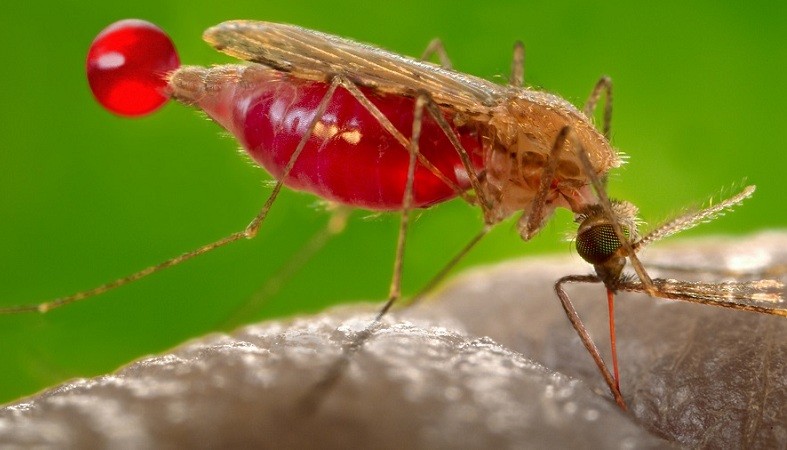
World Malaria Report 2023 revealed that India was accountable for a staggering 66% of malaria cases within the South-East Asia region in 2022. The report, issued by the World Health Organization South-East Asia Region, emphasized this concerning statistic.
Approximately 46% of these cases were attributed to Plasmodium vivax, a protozoal parasite recognized as a significant human pathogen, widely prevalent and known for causing recurring malaria.
Despite multifaceted approaches aimed at curbing malaria, the report underscored an alarming trend: an escalating number of individuals contracting this vector-borne disease. Efforts to combat the illness involve broadening access to insecticide-treated nets and medicines, especially targeting young children and expectant mothers to prevent malaria.
The WHO South-East Asia Region contributes roughly 2% of global malaria cases. Notably, the report highlighted a 76% decline in malaria cases, plummeting from 23 million in 2000 to approximately five million cases in 2022.
Globally, the report estimated a total of 249 million reported malaria cases worldwide. This count surpassed the pre-pandemic figure of 233 million cases reported in 2019.
Factors Contributing to the Surge in Malaria Cases
The COVID-19 pandemic severely disrupted the management of various diseases, including malaria. The pandemic's impact hindered the global response to the growing threat of malaria. Challenges included delayed program implementation, especially in heavily affected countries, resistance to drugs and insecticides, humanitarian crises, limited resources, and the impacts of climate change.
Dr. Tedros Adhanom Ghebreyesus, WHO Director-General, highlighted the substantial risk posed by changing climates, especially in vulnerable regions, in the fight against malaria. He stressed the urgent need for a significant shift in malaria combat strategies, advocating for increased resources, bolstered political commitment, data-driven approaches, and innovative tools. Dr. Tedros emphasized the necessity of innovation focusing on developing more efficient, effective, and affordable products to combat malaria.
How to Deal with Movement Disorders: Understanding, Treatments, and Support
Are You Struggling with Sweet Cravings? Here's How to Tackle Them